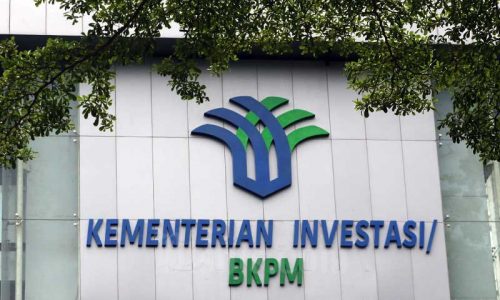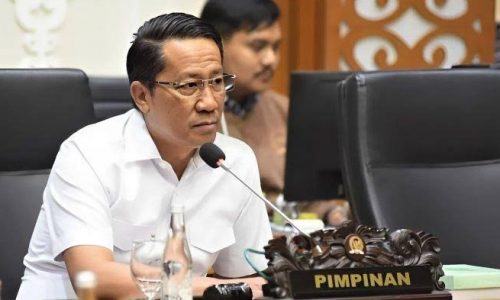A recent study by the International NGO Forum on Indonesian Development (INFID) highlights potential challenges towards membership in the Organization for Economic Cooperation and Development (OECD), including increased trade liberalization and the risk of remaining a raw material exporter, should Indonesia join the global economic organization.
The study, titled “Evaluating Indonesia’s Accession to the OECD from a Civil Society Perspective”, emphasizes the need for Indonesia to enhance its economic independence.
“Indonesia must avoid becoming merely a supplier of raw materials,” Angelika Fortuna, Program Officer for Sustainable Development Goals at INFID, during a discussion in Jakarta on Tuesday, July 23, 2024.
Indonesia is currently in the accession phase to become an OECD member, a status that would make it the first Southeast Asian country to join the organization. This process involves adopting an OECD roadmap, followed by a self-assessment and the preparation of an initial memorandum, expected to be completed within 250 days.
Deputy for Coordination of International Economic Cooperation at the Coordinating Ministry for the Economy, Edi Prio Pambudi, confirmed the government’s strategic steps towards OECD membership, with a target to join within three years.
INFID’s study also advises increasing Indonesia’s tax revenue as part of the accession process, highlighting the financial responsibilities and potential loss of development aid status that come with OECD membership.
The study suggests that joining the OECD could mean taking on new obligations, including mandatory and voluntary contributions based on the country’s economic size and population.
Currently, Indonesia’s tax-to-GDP ratio is around 10 percent, significantly lower than the OECD average of over 30 percent. This disparity underscores the need for comprehensive tax reforms to increase revenues, improve compliance, and potentially introduce new taxes, such as inheritance and wealth taxes.
Director of the Center of Economic and Law Studies (Celios), Bhima Yudhistira, noted that Indonesia would likely have the lowest tax ratio among OECD members if it joined today. He emphasized the importance of broadening the tax base to enhance state revenues.
As Indonesia moves closer to OECD membership, these reforms and adjustments will be crucial in ensuring that the country can fully benefit from its new status while addressing the associated challenges.









